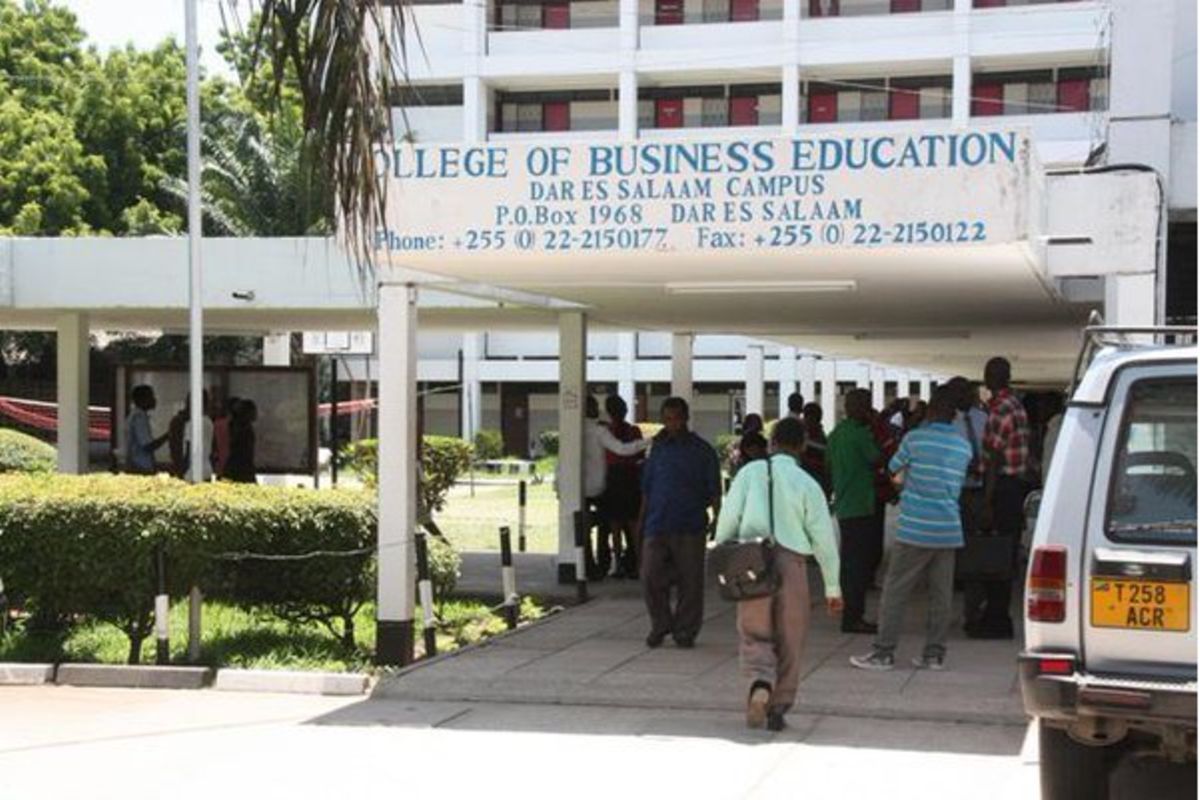Dar es Salaam. The Ministry of Industry and Trade, has tasked the College of Business Education (CBE) to conduct research that will improve products and increase competitiveness in both domestic and international markets.
The government said research by the institution, known for producing experts in the business fraternity, will continue to be utilized in improving industrial and trade policies and strategies in the country.
This directive was announced by the Permanent Secretary of the Ministry of Industry and Trade, Dr Hashil Abdallah, during the launching of the celebration of CBE’s 60th anniversary on July 3, 2024.
“We want CBE to continue providing education and research aimed at solving the challenges facing the industrial and trade sectors in the country.”
Some business experts have expressed concerns about the lack of research that addresses many challenges faced by businesses, including how to maneuver in technology.
“We have many universities, but most of their research output is not readily available to those who need solutions to their business challenges. CBE is an institution in position to change the tide in the business sub-sector,” said an economics expert based, Dr Tumaini Msolwa.
He noted that many businessmen often fail in the market, because they relied on their own knowledge or incorrect advice to enter a business they did not understand.
“Technology has brought more opportunities and challenges. Is our business college conducting research to help increase productivity in these opportunities?” he queried.
Small and Medium Enterprises (SMEs) are globally recognised for nurturing an entrepreneurial culture, creating employment, reducing poverty, and playing a critical role in GDP contribution in both advanced and developing countries.
This realization has led many countries, including Tanzania, to implement various policies and strategies aimed at promoting SMEs’ development. However, studies show that SMEs still face numerous challenges and constraints, limiting their contribution to economic transformation in African countries.
As such, locally conducted research findings play a critical role in finding lasting solutions, especially for SMEs, making them become competitive and increase their participation in regional and international trade.
“Still, some Tanzanian products lack the quality to compete in emerging common markets. Business experts’ research, especially amid technological revolutions, must be conducted to assist in this,” Dr Msolwa told The Citizen in an interview.
Empowering business education would make it relevant in this direction.
“Trusted institutions are expected to take entrepreneurship programmes and research beyond the classroom and include business ethical issues in most courses to give future business educators and practitioners needed skills and knowledge.”
CBE’s Rector, Prof Tandi Lwoga, told this reporter on July 4, 2024 that they have already started adopting various technologies to make books and publications available to students and the public.
“Our students are conducting research in economic areas, and we have already allocated around Sh300 million for our lecturers to conduct research in business technology areas because that is where we are heading,” she said.
CBE has also been using conferences to meet with businesses, especially entrepreneurs, educating them on proper business conduct and the use of technology. Since 2018, 1,272 entrepreneurs have been trained.
“We have been and will continue to build the capacity of these entrepreneurs. We don’t want our research to end up in libraries, which is why we have initiated these conferences to share results and help entrepreneurs,” she said.
Since 2020, CBE has presented and shared 334 research results to entrepreneurs, seeing significant impacts in business conduct, investment in industries, and the ICT sector.
“We have been developing policy briefs from these studies and submitting them to the relevant authorities for action. We have also initiated online dialogues to publicise research results and solutions to business challenges,” she said.
Prof Lwoga explained the history and achievements of CBE since its establishment in 1965. The institution prides itself on having four campuses nationwide and providing quality education to over 19,000 students.
He said CBE has expanded its programmes from one at its inception to over 22 in 2024, including Business, Accounting, Marketing, Procurement and Supply, ICT, and others.















